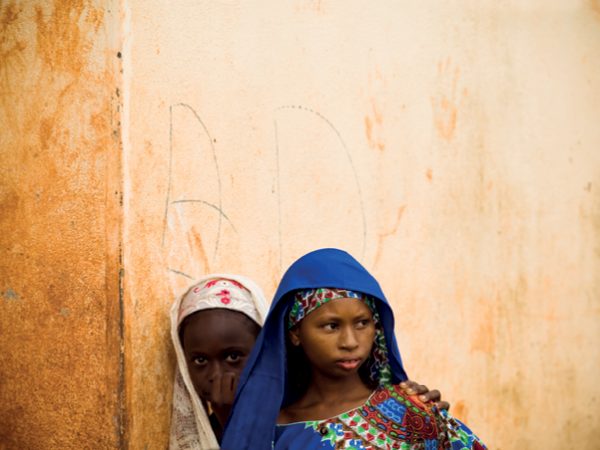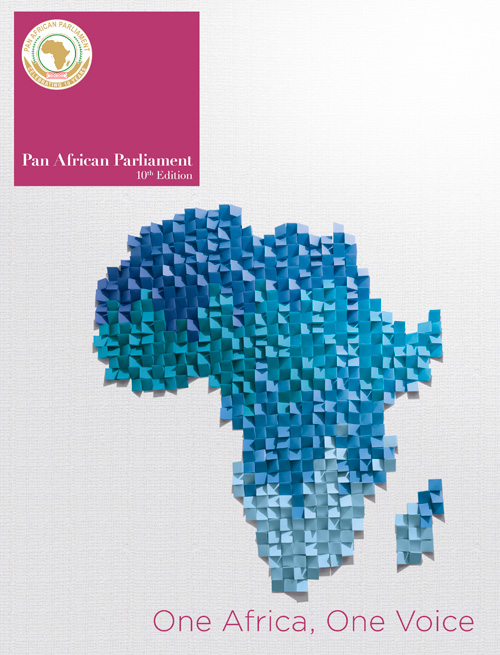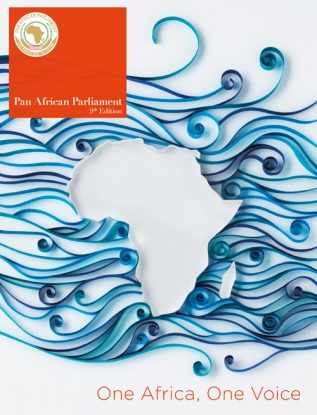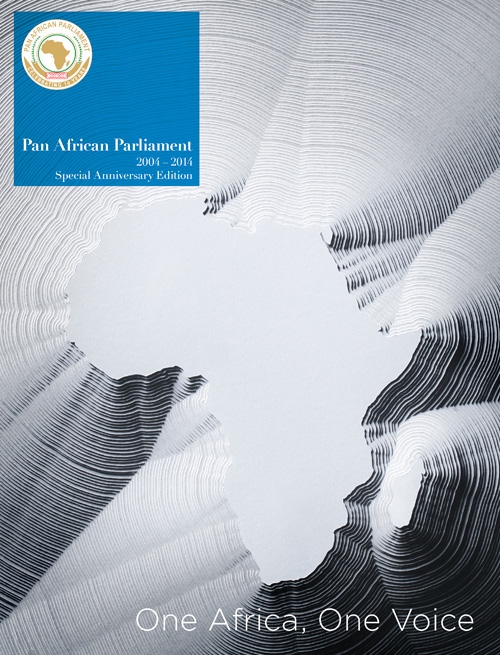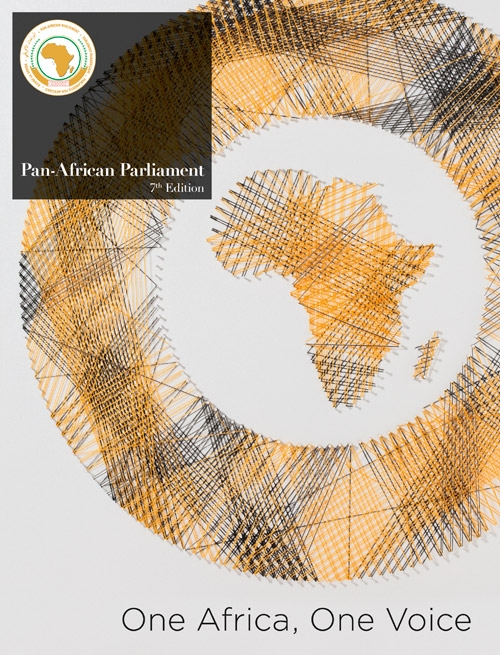
2010 SESSION
In January 2010, the Bureaus of the Committees on Gender, Family, Youth and People with Disability as well as Health, Labour and Social Affairs met with representatives of the International Planned Parenthood Federation (Africa) to strengthen the collaboration between the two institutions.
The following month, the same Bureaus participated in the Fourth Africa Conference on Sexual Health and Rights, held in Addis Ababa. At the event governments and Parliamentarians were called to:
- Accelerate the implementation of the International Conference on Population and Development, the Maputo Plan of Action, while renewing their commitment to the Campaign on Accelerated Reduction of Maternal Mortality in Africa.
- Expand access to sexual and reproductive health information and services for the most vulnerable.
- Rescind laws, policies and practices that criminalise same-sex activities, sex work, abortion as well as the transmission of HIV.
During the statutory sitting of the Committee from 1–2 March 2010, it was recommended that the key priority areas for the year were capacity building for gender budgeting and the AU policies on family, youth and disability.
The Committee heard from the International Committee of the Red Cross about women as victims of conflict. It then joined the Committee on Rural Economy, Agriculture, Natural Resources and Environment for a Nepad presentation about the approach linking agriculture and gender issues to the Comprehensive Africa Agriculture Development Programme (CAADP).
From 2–3 August 2010, the Committee heard presentations from the Africa Public Health Alliance on the outcomes and resolutions of the 15th AU Summit for heads of state, held in Uganda in July 2010, Fair Play for Africa on the outcomes of this summit and CAADP, who focussed on women and agriculture.
The final diary entry for 2010 was from 1–2 October, when the Chairs of the Finance/Budget Committees of National Parliaments met with members of this Committee. The meeting focused on the Parliamentary policy and the budget action plan for the decision of the AU Summit on maternal, newborn and child health and development in Africa.
AU SUMMIT
The 17th AU Summit dedicated the event to the youth, with the theme: Accelerating Youth Empowerment for Sustainable Development.
The UN regards ‘youth’ as people between the ages of 15–24 years, approximately 20% of the region’s total population. While many countries recognise the value of their youth, most have found that youth policies lacked adequate political will and legislative direction, had low budget allocations for the implementation and design of youth policies and participation from all stakeholders, especially youth organisations.
To prepare for the summit, the Committee focused on the AU Commission’s youth development programme and its key instruments/frameworks, namely:
- The African Youth Charter (2006) – it was ratified by 26 PAP Member States, signed by 37 and 11 were yet to sign and ratify as of May 2011.
- The Decade for Youth Development: 2009–2018 was declared African Youth Decade. This is a multi-sectoral and multi-dimensional framework that aims to meet the goals and objectives of the African Youth Charter.
- The African Common Position on Youth Development priority areas.
- The AU Youth Volunteer Corps.
- The Second Decade of Education for Africa.
- The upcoming declaration from the 15th AU Summit.
The main challenge facing the development of youth in Africa was that its leaders are not committed to the issue, thus budget allocations remain low. The Committee recommended continued participation in relevant forums to build relationships with relevant stakeholders and thus advocate policy and legislative reforms. Youth Parliaments should be organised as a way to encourage young people to understand the principles and skills that underpin democracy.
2011 SESSION
From 25–27 July 2011, the Committee participated in a joint workshop on climate change along with other PAP committees.
The main objective was to appraise participants on the measures, initiatives and challenges related to climate change and the Common African Position and to strengthen Parliamentary participation in the climate change debate.
At the end of the workshop, participants recommended:
- Calling for a continental campaign for the second commitment period of the Kyoto Protocol.
- An observer role for the PAP at the African group of negotiators under the UN Framework Convention on Climate Change, the African Ministerial Conference on the Environment and the Conference of Africa Heads of State and Governments on Climate Change.
- An audit review of policies, programmes and laws regarding environmental issues and gender perspectives related to climate change in Africa.
- Environmentally friendly legislation, the enhancement of women’s autonomy and access to available funding on adaption and mitigation.
- Continued support from relevant partners to support the PAP in facilitating an annual follow-up meeting on climate change on the continent.
At the statutory sitting on 28 July 2011, the Committee viewed a presentation from the AU’s Directorate of Women, Gender and Development on the African Woman’s Decade.
The aim of the decade (from 2010–2020) is to advance gender equality by accelerating the implementation of Dakar, Beijing and the AU Assembly Decisions on Gender Equality and Women’s Empowerment.
After the presentation, the Committee made various recommendations, including that select PAP members be mandated to drive the activities of the decade at a continental level.
2012 SESSION
At the First Ordinary Session of the Third Parliament of the PAP, held from 8–19 October 2012, the Committee submitted a report to the PAP about its activities from May–October 2012.
On 30 May 2012, the Committee met and elected new office bearers: the Hon Francisca Domingos Tomás (Mozambique) as Chairperson; the Hon Margret Azzer (Egypt) as Vice-Chairperson; and the Hon Theophile Agbessi Adjamgba (Togo) as Rapporteur.
On 27 August 2012, the Committee received a presentation from the SADPD on the participation of persons with disabilities in political systems. It called for the strengthening of collaboration between the PAP and Secretariat and to sensitise Members of the Committee on issues relating to people with disabilities’ participation in political and democratic activities.
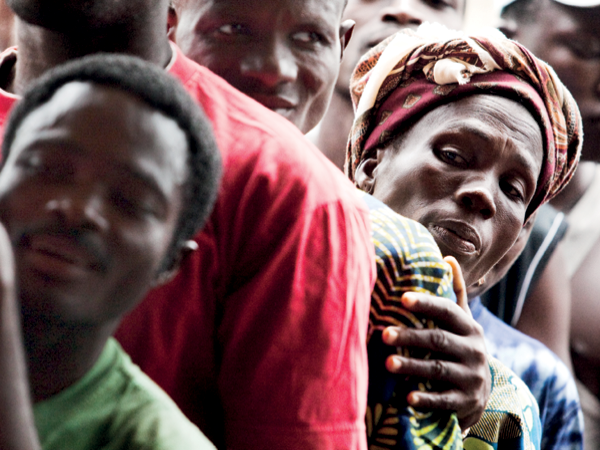
On 28 August 2012, the Committee viewed another presentation, in conjunction with the Committee on Health, Labour and Social Affairs. The International Planned Parenthood Federation (IPPF) focussed the presentation on Sexual and Reproductive Health Issues in Africa. The IPPF is the largest non–governmental sexual reproductive health rights (SRHR) federation in Africa, with 38 member associations in sub-Saharan Africa. It provides over five million services annually to clients on family planning, HIV/AIDS and safe motherhood.
SRHR has become a priority issue in sub-Saharan Africa as the region comprises 17% of the world’s population, but shoulders the largest burden of disease, with low rates of family planning, 70% of the world’s HIV/AIDS cases and 50% of its maternal deaths.
The Committees learned about the IPPF’s progress in Africa. Despite a decrease in infant mortality, there was no corresponding progress in maternal mortality. For example, 50% of the 342 900 maternal deaths recorded in 2008 occurred in only six countries in the world, three of which were African (Nigeria, Ethiopia and the DRC).
The Committees heard that SRHR was not a priority due to competing development needs and issues. There was an increase in resources for health, in particular HIV and child survival. But resources had declined globally and to Africa, specifically for reproductive health access and in particular maternal mortality.
Young people’s access to reproductive health was not a priority and there was uneasiness about their sexuality. A lack of integrated health systems existed and governments also cut their health budgets. Members of Parliament determine which development programmes were prioritised by governments. It was their role to ensure that country ownership included accountability of funds allocated to family planning programmes and that civil society organisations were being engaged.
SRHR has become a priority issue in sub-Saharan Africa
It was hoped that the PAP could engage with the AU Commission and the UN Economic Commission for Africa to lead the review on the process of the Millennium Development Goals and post-2015 Development Agenda. From 29–31 August, the Hon Tomás represented the Committee at The Architecture for an African Disability Rights Mechanism workshop, in Pretoria, South Africa.
The meeting addressed some of the objectives of the Decade of Persons with Disabilities, such as the:
- Interaction between various stakeholders in civil society to provide support to people with disability.
- Collection of subsidies for the implementation of stated objectives.
- Identification of current challenges to prevent discrimination against people with disability.
It appealed to the continental Parliament to welcome the participation of people with disability as well as MPs with disabilities. It also called on Member States of the PAP to consider including all levels of work for people with disability.
Furthermore, the body should raise awareness and promote best practices among the PAP Member States with regard to the participation of people with disability in all political spheres.
The PAP was urged to encourage all Member States to work in favour of people with disability, especially within their own countries.
The Committee concluded by expressing their gratitude to the President of the PAP for the interest shown in the Committee.
It also thanked the Office of the Clerk for its valuable support and assistance. However, the Committee did express its dissatisfaction at not undertaking its activities for 2012.


